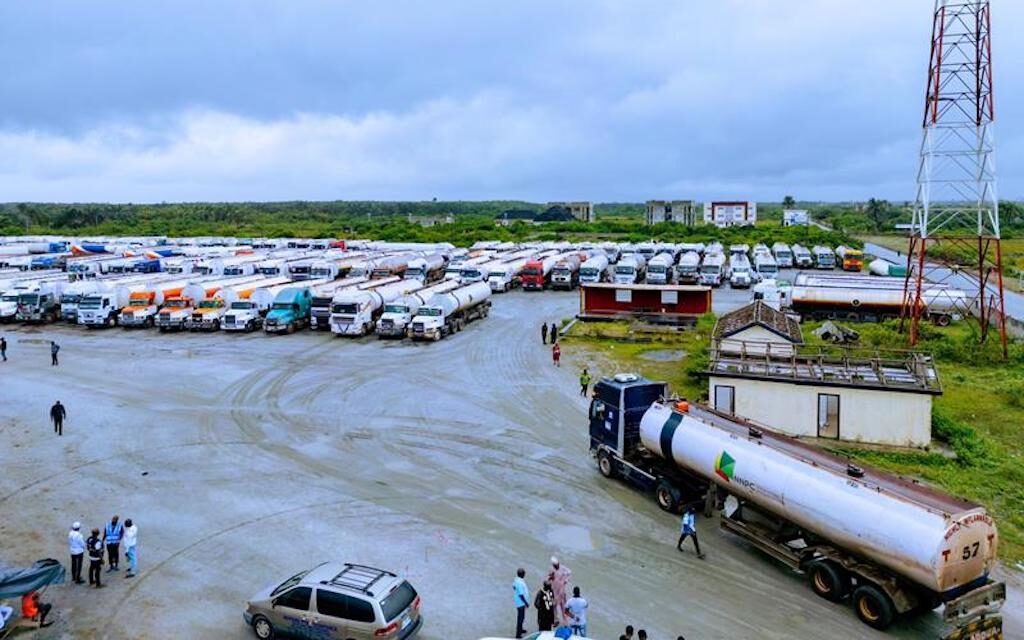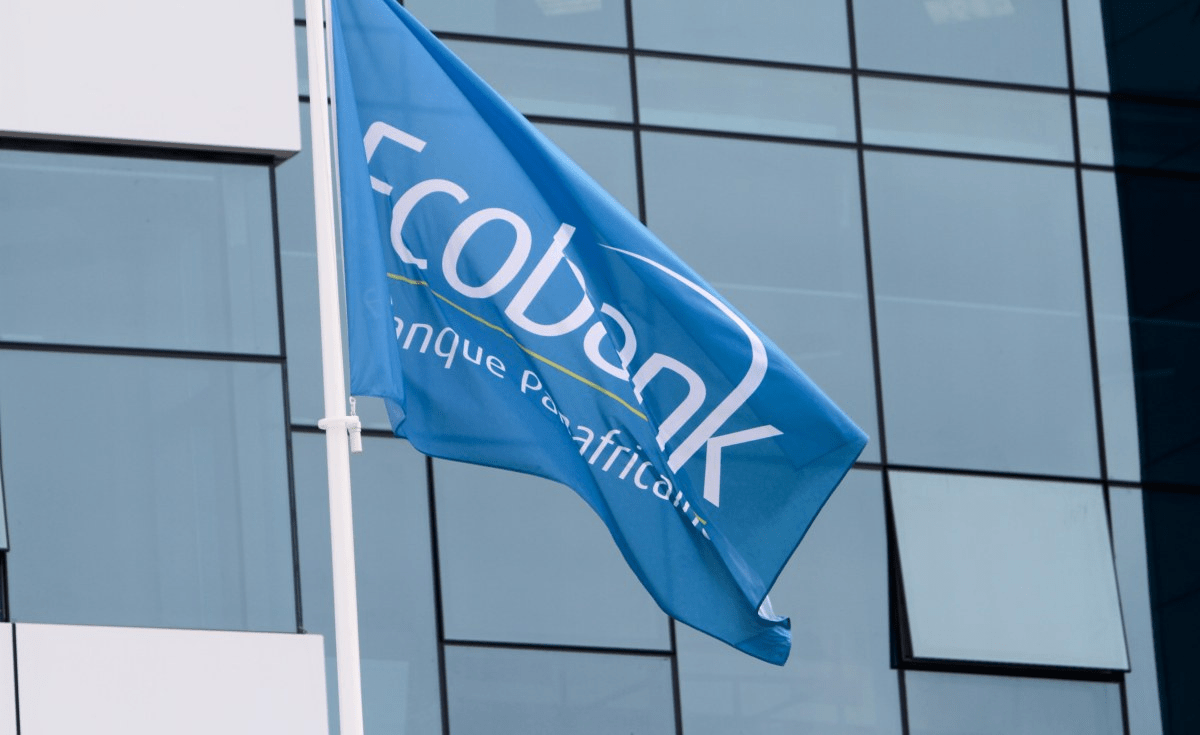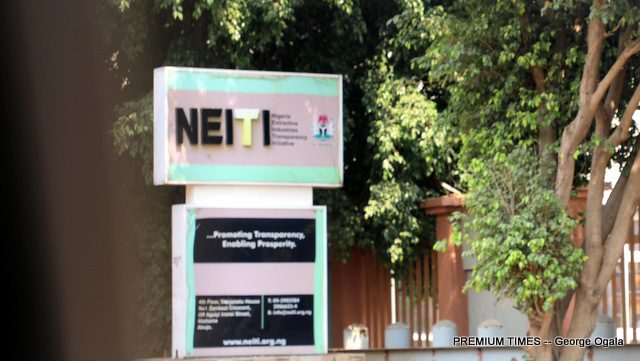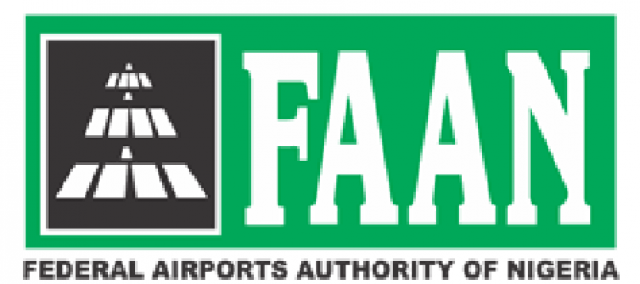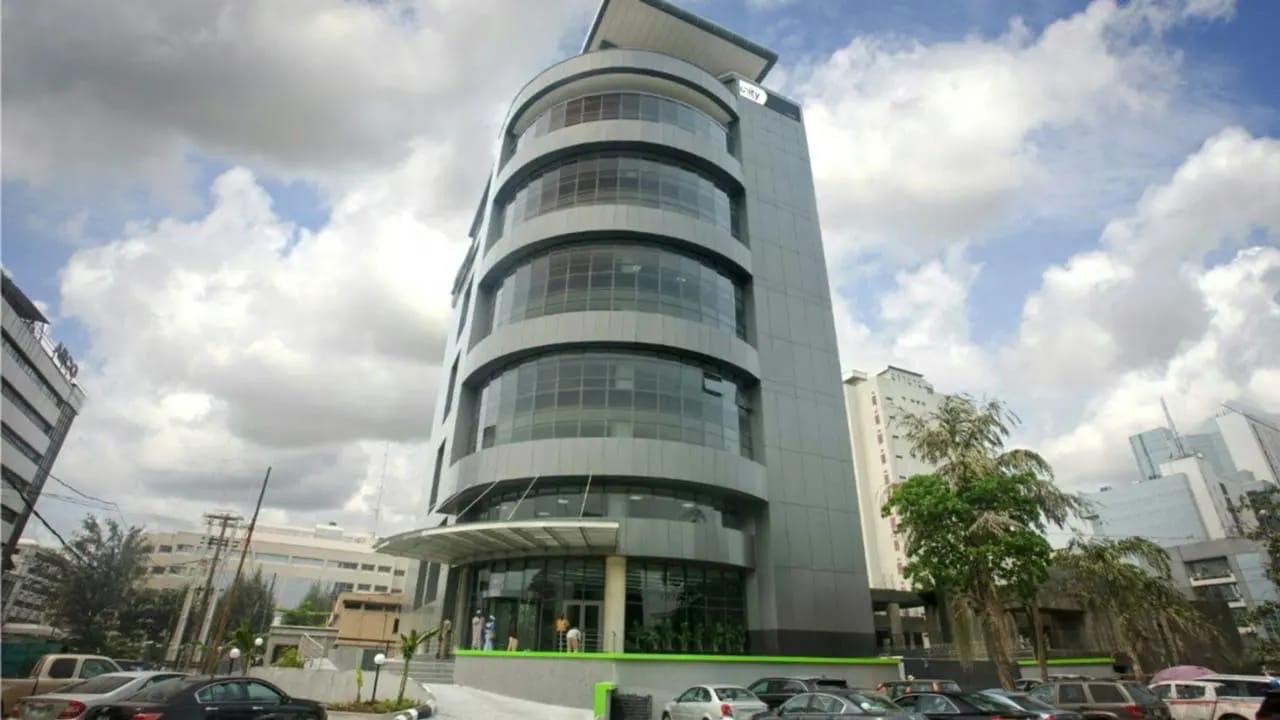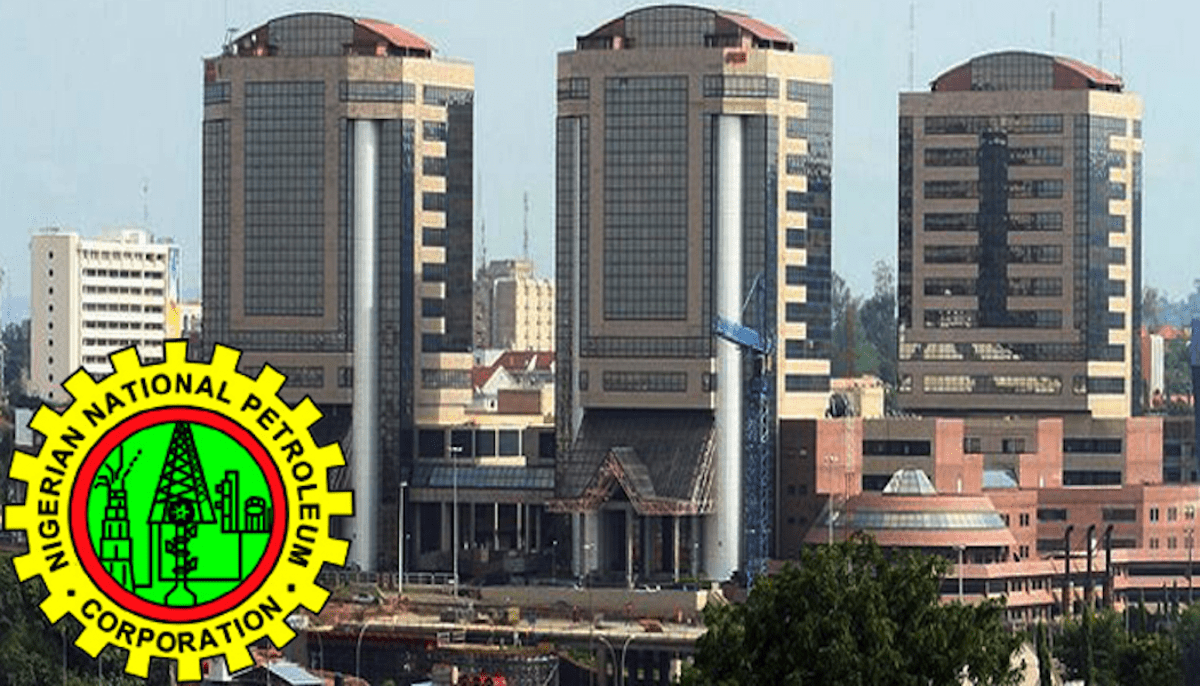Adekunle Awolaja, an Estate Surveyor and President of the African Real Estate Society (AfRES), tells Bennett Oghifo how AfRES evolved in West Africa and his efforts to ensure its spread across the sub region, particularly to the French-Speaking countries. He desires a sustainable AfRES and for it to have a physical base in Nigeria. He also speaks on AfRES’ conference coming up in Lagos this month
Tell us about the evolution of AfRES
The African Real Estate Society (AfRES) was founded in 1997 as part of the International Real Estate Society (IRES). AfRES is one of six sister societies within IRES. In North America, there is the American Real Estate Society (ARES); in South America, the Latin American Real Estate Society (LARES); in Europe, the European Real Estate Society (ERES); in Asia, the Asian Real Estate Society (AsRES); and in the Pacific region, covering Australia, New Zealand, Papua New Guinea, and neighboring areas, there is the Pacific Rim Real Estate Society (PRRES). Together, these six societies make up a global network dedicated to advancing real estate knowledge. AfRES held its first annual conference in 1998 in Maputo, Mozambique. The drive to bring AfRES to Africa was led by Prof. Karl-Werner Schulte, a German academic, who had long been part of the International and European Real Estate Societies. He recognised the importance of Africa having its own platform within the global network, and his efforts laid the foundation for AfRES. In the early years, the society was dominated by Southern and Eastern Africa. West Africa became more involved later, largely through the efforts of the late ESV Akin Olawore, a Nigerian professional and mentor to many. After attending the 2006 AfRES conference in Tanzania, he returned home determined to ensure Nigerian participation. In 2007, we went to Ghana with the collaboration of the national body of the Nigerian Institution of Estate Surveyors and Valuers (NIESV). The Lagos State branch of NIESV went to explore Ghana to see if they could join us. Olawore had mobilised colleagues and reached out to Ghana, leading to strong representation from West Africa. At the AfRES conference in South Africa in 2008, Nigeria brought not less than 70 delegates while Ghana contributed 28. That was when the West African chapter of AfRES became fully established. In 2009, Nigeria hosted its first AfRES conference at the Oriental Hotel, Lagos. Since then, the conferences have rotated among Eastern, Western, and Southern Africa. Over time, AfRES has grown into a continental platform for knowledge exchange and professional development. I became the President of AfRES in 2023, and before then I was the Chair of AfRES Nigeria in 2009, the Vice-Chair of West Africa in 2010. I have also chaired several conferences, including the 2018 conference in Abeokuta. We’ve rotated the AfRES conference among the three chapters. After Abeokuta we went to Arusha, Tanzania. We will hold the next conference this year (September) in Lagos. My focus throughout my tenure has been on expanding the society’s reach, strengthening regional collaboration, and deepening the link between academics and practitioners.
What are the objectives of AfRES?
The aim of AfRES, like its sister societies, is to promote real estate research, education, and professional networking. It was originally established by academics but has grown to include developers, investors, practitioners, policymakers, and professionals in every area of real estate. From inception, the vision has been to connect the “Gown and Town” – ensuring that research findings can be applied directly to real estate practice and policy development. AfRES has also built strong professional ties with institutions across the continent. We regularly organise activities that fulfill the society’s three pillars – education, research, and practice. For education, we have partnered with universities like Covenant University in Nigeria and Kwame Nkrumah University of Science and Technology in Ghana to host real estate summits and seminars. For research, we have encouraged collaborative projects and academic exchanges. For practice, AfRES often participates in professional conferences organised by national institutions such as the Nigerian Institution of Estate Surveyors and Valuers (NIESV) and the Ghana Institution of Surveyors (GhIS). I have personally attended the Ghana Institution of Surveyors’ annual conference several times – in 2022, 2023, and 2024 – continuing a tradition of mutual exchange that has existed for years. The late Mr. Eseogheva also ensured that Ghanaian colleagues, including leaders like Emmanuel Martey, who is both a traditional king and a past president of GhIS, were regular participants in AfRES conferences in Nigeria. He attended our gatherings in Ibadan (2016), Abuja (2017), and Lagos (2019), strengthening the ties between our two countries. Through these collaborations, AfRES has remained faithful to its mandate: promoting real estate education, fostering impactful research, and creating opportunities for practitioners to network and grow. Even though COVID-19 disrupted some of these efforts, we quickly resumed activities afterward and have continued to expand our programmes.
What has been your contribution so far to AfRES?
What I have tried to do is to expand the frontiers of AfRES beyond what we have. One of my greatest achievements has been the Francophone Project, where we thought of having an incursion into the Francophone countries of West Africa. We also had a thought of having incursion into the Portuguese-speaking countries- six of them. First of all are the French-speaking countries. They are the majority. For a long time, AfRES was dominated by English-speaking countries, even though much of West Africa is French-speaking. After years of planning, I was able to launch AfRES Francophone in Dakar, Senegal on May 30, 2023. The Mayor of Thies was a Surveyor. The conference brought together delegates from Mali, Côte d’Ivoire, Benin, Togo, Cameroon, Mauritania, and Guinea. Any conference that we have now, we will be having the French and English-speaking countries. This was a historic moment because it gave French-speaking Africa an active voice in AfRES. Eventually, AfRES will be known in all of Africa. We have made incursion into the Caribbean and we’ve AfRES in diaspora for African real estate practitioners in the diaspora.
What would you like to see AfRES achieve in the future?
I want a sustainable AfRES. I want AfRES to have a physical base in Nigeria. My dream is to have an African Real Estate Academy that will train, research and have a lot of knowledge-based solutions so that the Town and Gown will be mixed in a physical environment. Looking to the future, my dream is to establish an AfRES Academy – a physical institution in Nigeria that would serve as a hub for training, research, PropTech innovation, and practical real estate development. It would be a residential campus where the academic world and the professional industry meet, combining education, training, accommodation, and research facilities under one roof. Alongside this, I envision an AfRES Foundation, which would raise funds to support real estate research, practice, and professional development across Africa.
What challenges did your team overcome?
Of course, the journey has not been without challenges. Many colleagues have misunderstood AfRES, assuming it is only for academics, whereas it is open to all professionals. Some even questioned why I remained so committed, but my passion has always driven me. AfRES Nigeria was officially registered with the Corporate Affairs Commission (CAC) in 2013, and it belongs to all who are interested in advancing the real estate profession. Despite difficulties, I believe that with persistence and God’s grace, AfRES has continued to grow and will keep expanding across the continent.
What rating would you give AfRES as you step down as president
Our next major milestone is the 2025 AfRES Annual Conference, which will be hosted in Lagos from September 9–12, 2025, at the Oriental Hotel. This conference will gather delegates from across Africa and beyond, showcasing the growth of AfRES and the strength of Africa’s real estate sector. It will also mark the end of my tenure as president, but I step down confident that the society is stronger, broader, and more inclusive than ever before.
The post Adekunle Awolaja: I Want a Sustainable AfRES With Physical Base in Nigeria appeared first on THISDAYLIVE.





